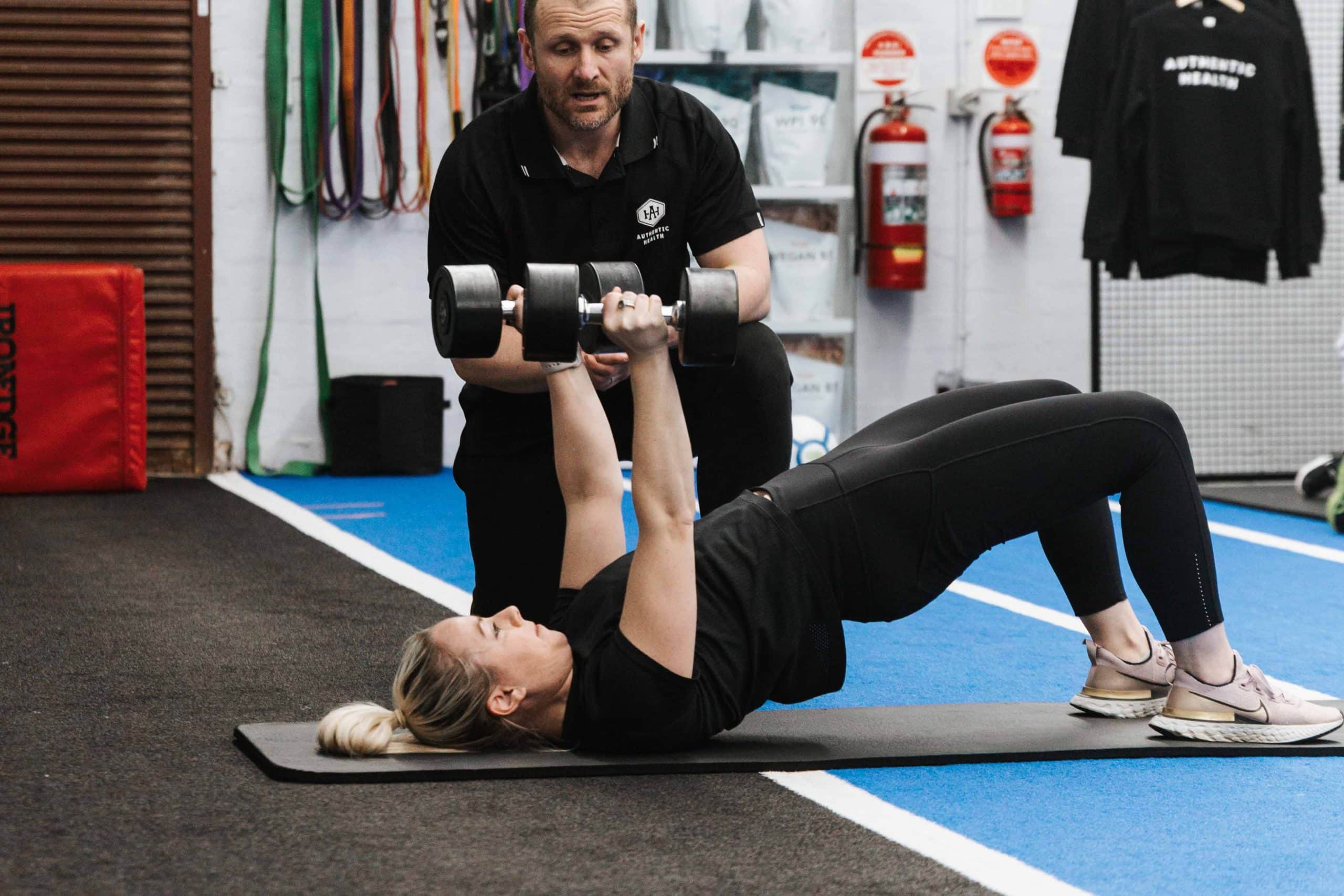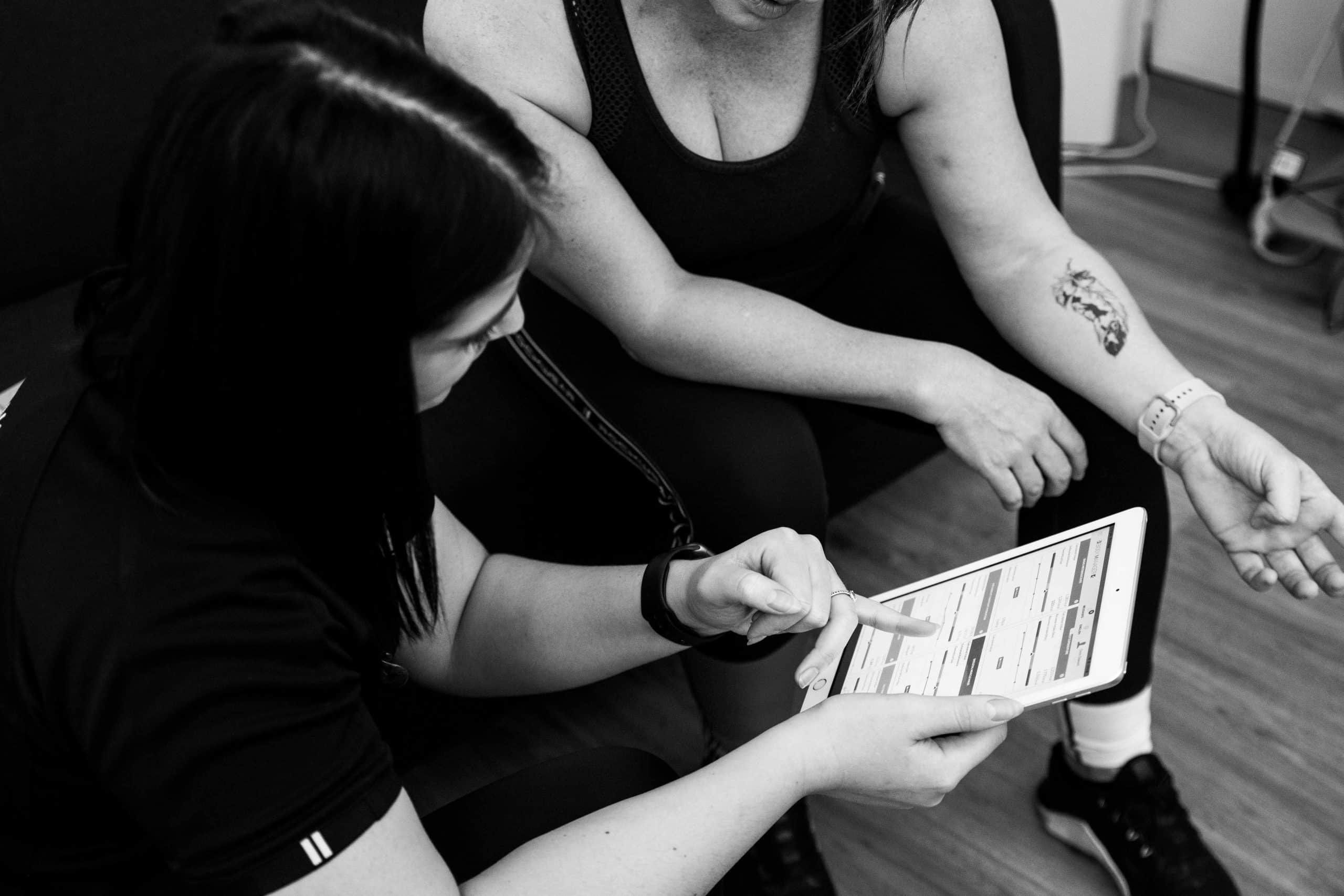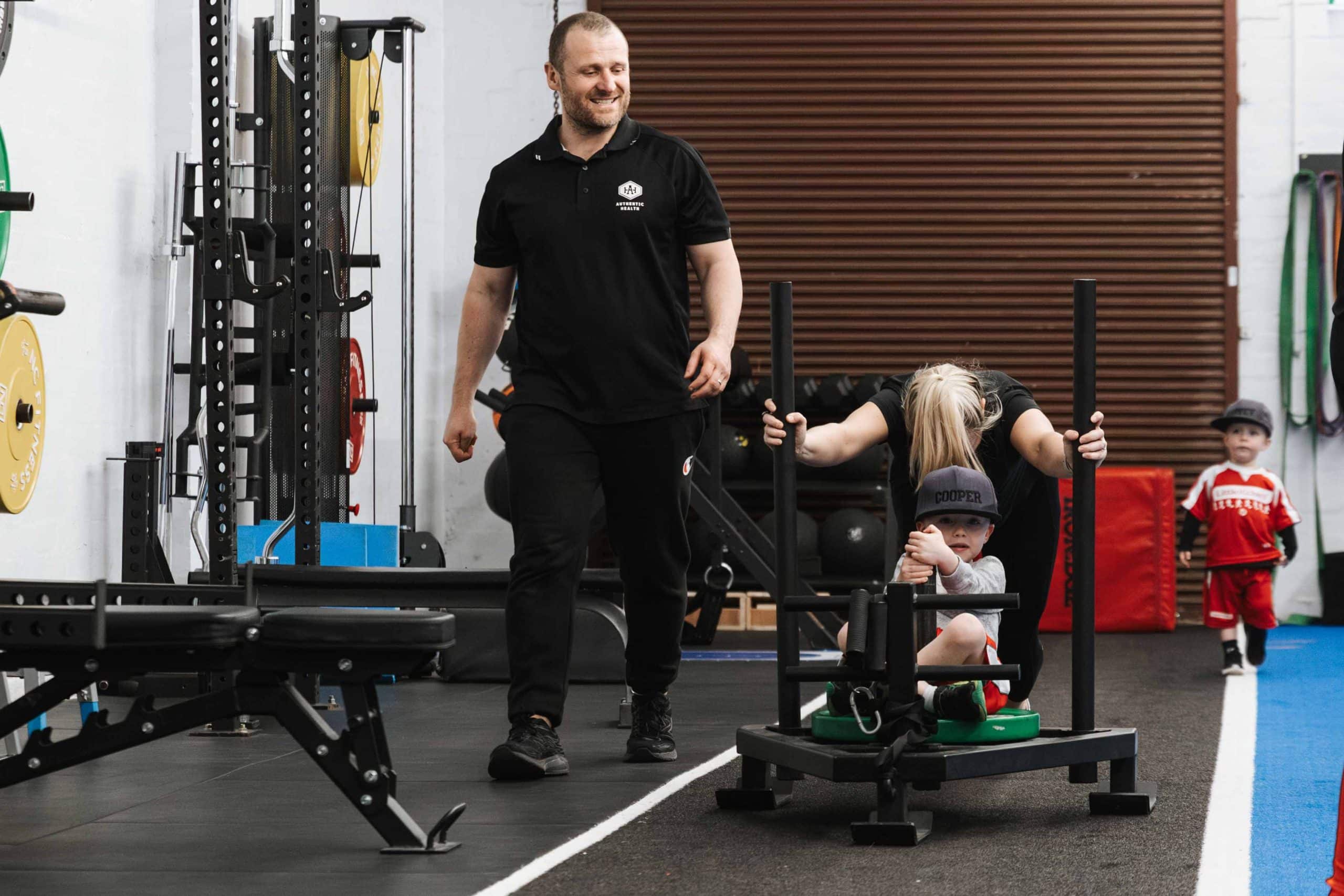Exercise for Energy
Exercise is not just a way to stay fit and if done with the right intention and intensity it is a component of self-care that directly impacts your energy levels, mood, and overall health. Regular physical activity has been shown to provide numerous benefits, from boosting your energy and enhancing your mood to improving your cardiovascular health and reducing stress.

The Benefits of Regular Exercise
- Increased Energy Levels: Engaging in regular exercise helps improve circulation, which increases oxygen and nutrient delivery to your cells. This leads to higher energy levels and reduced feelings of fatigue. Even a short walk can make a big difference in how you feel throughout the day.
- Enhanced Mood: Exercise stimulates the release of endorphins, the body’s natural mood lifters. This can help reduce symptoms of anxiety and depression, leading to a more positive outlook on life.
- Better Sleep: Regular physical activity can help you fall asleep faster and enjoy deeper sleep. It also helps regulate your sleep patterns, leading to more restful nights.
- Stress Reduction: Exercise acts as a natural stress reliever by reducing levels of cortisol, the stress hormone. It also provides a healthy outlet for releasing built-up tension.
Integrating Exercise into Your Routine
I have worked with some of the busiest people—parents who run multi-million dollar companies—and even with a packed schedule, the right mindset can help you find ways to incorporate exercise into your daily life.
- Short Workouts: If time is limited, optimal might not be an option but a short, high-intensity workouts that can be completed in 10-20 minutes. Activities like circuit training or bodyweight exercises can be highly effective.
- Active Breaks: Use your breaks at work or home to do quick physical activities. Stretch, walk around, or do a few exercises to get your blood flowing.
- Incorporate Movement: Look for opportunities to be active throughout the day. Take the stairs instead of the elevator, walk or bike to work if possible, or do a quick workout in the morning before starting your day. Movement is a mindset, be intentional with your decision making.
- Find What You Enjoy: Choose hobbies and activities that you find enjoyable and sustainable. Whether it’s dancing, swimming, yoga, or going on hikes, finding a form of exercise you love will make it easier to stick with.
Nutrition for Nourishment
Nutrition plays a vital role in maintaining your overall health and well-being. Dieting culture has lead people to believe they are either eating to lose weight or stuffing their face with foods that bring little value and cause excessive weight gain. A balanced diet that provides the essential nutrients your body needs to function properly and supports your physical and mental health is a healthy alternative.
Basics of a Balanced Diet
- Macronutrients: Your diet should include a balance of carbohydrates, proteins, and fats. Carbohydrates provide energy, proteins support muscle repair and growth, and fats are essential for brain health and hormone production.
- Micronutrients: Vitamins and minerals are crucial for various bodily functions. Ensure you’re getting a variety of fruits and vegetables to meet your micronutrient needs.
- Hydration: Staying hydrated is essential for overall health. Aim to drink plenty of water throughout the day, and adjust your intake based on activity level and climate.
Healthy Food Choices
- Whole Foods: Focus on whole, unprocessed foods such as fruits, vegetables, lean proteins, whole grains, and healthy fats. These foods are nutrient-dense and provide the energy you need to stay active.
- Meal Prepping: Preparing meals in advance can help you make healthier choices and save time. Take the time to plan your meals for the week, and cook extra servings that you freeze to ensure you always have nutritious options available.
- Simple Recipes: People feel more time poor than ever before, opt for recipes that are easy to prepare and require minimal ingredients. For example, a stir-fry with vegetables and lean protein or a hearty salad with grains and legumes can be both nutritious and be made in less than 15 minutes.

- Plan Ahead: A non negotiable for me is to spend a bit of time each week planning your meals. Create a grocery list, if your time poor use the online shopping to ensure you have everything you need and nothing you don’t need.
- Prepare the Basics: Prepare large quantities of staple foods like quinoa, brown rice, cut up vegetables. Store them in the fridge or freezer for easy access throughout the week.
- Portion Control: Use portion control containers to help manage serving sizes and avoid overeating.
Sleep as a Non-Negotiable
Quality sleep is a fundamental aspect of self-care that affects every part of your life. If you want to live life on your terms now and in the future, then sleep is non-negotiable. If neglected consistently, it will cost you your physical health, mental clarity, and emotional well-being.
The Importance of Quality Sleep
- Physical Health: Good sleep supports immune function, repair of muscle tissues, and overall physical health. Chronic sleep deprivation by as little as one hour per night is linked to a range of health issues, including heart disease, obesity, and diabetes.
- Mental Clarity: Adequate sleep improves cognitive functions such as memory, attention, and problem-solving skills. It also helps regulate emotions and manage stress. If you want to be a high performer in your area of expertise, mental clarity goes hand in hand with the big decisions you’ll be making.
- Emotional Well-Being: Poor sleep can lead to irritability, mood swings, and increased stress levels. Getting enough quality sleep helps maintain emotional balance and resilience.
Improving Sleep Hygiene
- Establish a Routine: While challenging going to bed and waking up at the same time every day, even on weekends has been proven to help regulate your body’s internal clock and improve sleep quality.
- Create a Relaxing Environment: Ensuring your bedroom is conducive to sleep. Keep the room cool, dark, and quiet. Consider using blackout curtains, earplugs, or a white noise machine if necessary.
- Limit Blue Light Exposure: Its common to find yourself scrolling mindlessly through Facebook but by we recommend you reduce exposure to screens (phones, tablets, computers) at least an hour before bed. Blue light from screens can interfere with the production of melatonin, the sleep hormone.
- Wind Down: Develop a pre-sleep routine to signal to your body that it’s time to relax. Activities like reading a book, taking a warm bath, or practicing relaxation techniques can help prepare you for restful sleep.
- Watch Your Diet: Avoid large meals, caffeine, and alcohol close to bedtime. These can disrupt your sleep patterns and effect your sleep quality.
Hopefully by now I have convinced you on why I believe physical health is the cornerstone of self-care. We have taken a deep dive into three essential components: exercise, nutrition, and sleep, and the important role those elements play in boosting your energy, improving your mood, and enhancing your overall well-being.
Do you feel like its time you started prioritising these foundational elements of physical health? Feel like you need the support of a coach to help set you up for long-term success during your self-care journey? click LEARN MORE and comment ‘SELF CARE’ in the ‘message’ section to receive your first session FREE.
Missed out on reading chapter 1 & 2 of our self care series? Take a look by clicking the links below;
- Small Wins, Big Changes: 10 Fitness Tips for Busy Professionals to Stay Motivated and See Results
- Self Care Series, Chapter 6: Staying Consistent and Overcoming Obstacles
- Chapter 5: Integrating Self-Care with Family and Work
- Self Care Series – Chapter 4: Mindset Matters
- Self Care Series: Chapter 3 – Physical Health, The Foundation of Self-Care



